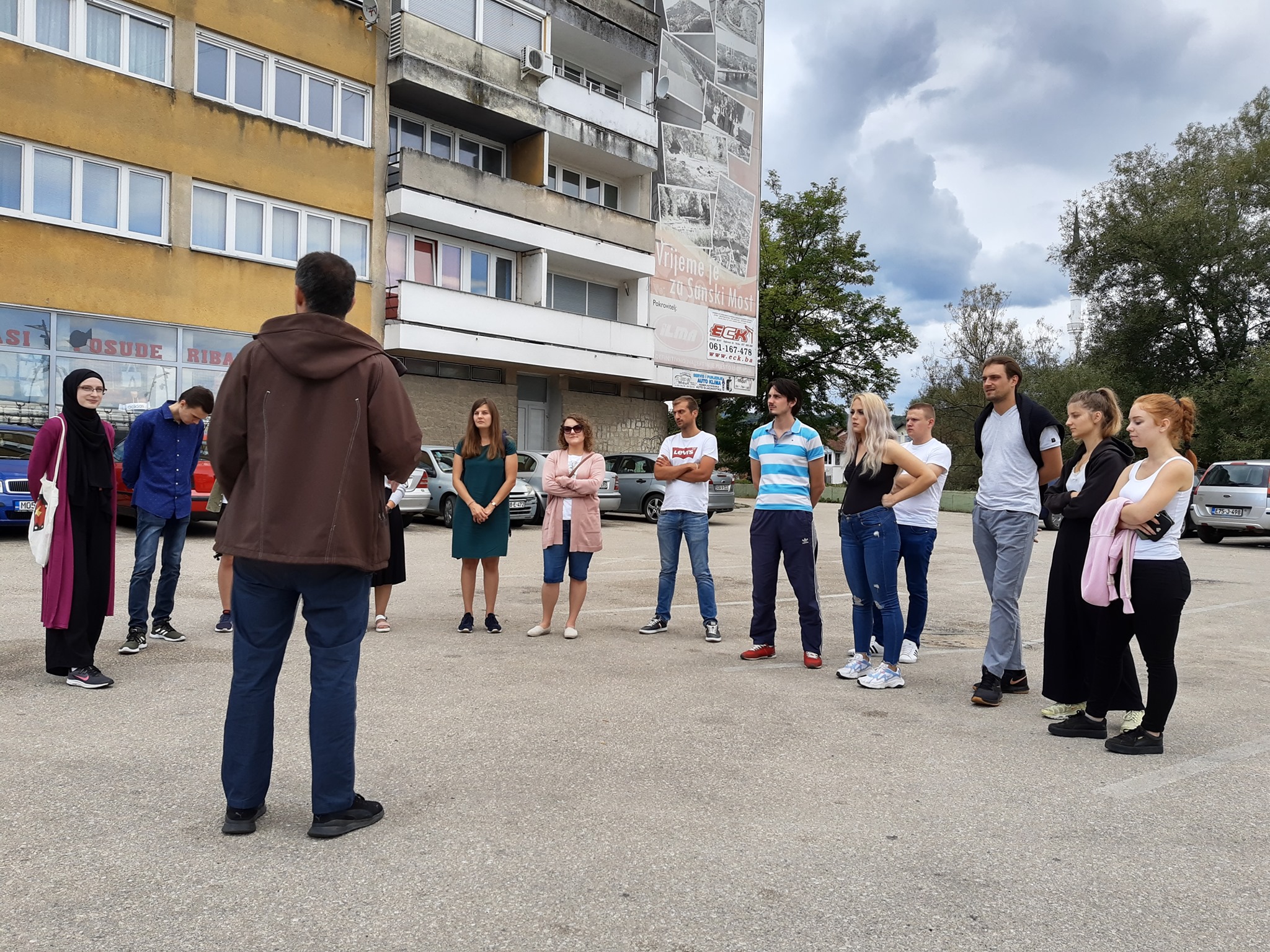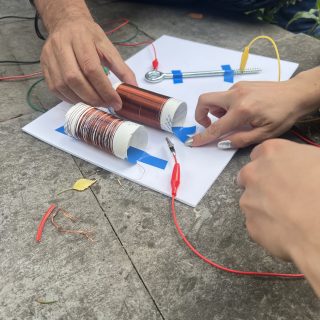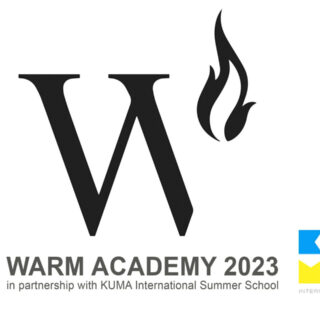Peace, a state in which there is no conflict, represents prosperity on a personal, social and societal level in one country. Many factors can affect it, but the diaspora is one of the significant ones. The Bosnia-Herzegovina (BiH) diaspora is a significant resource for the country and its stability. However, for the diaspora to function, BiH must first and foremost have a favourable business and social environment that will attract the diaspora. So the primary goal of us citizens should be to establish that favourable environment for our fellow citizens from the diaspora who are ready to cooperate with organizations and institutions from BiH in order to support the development of our country and its progress for the better.
There are many ways to help BiH. Of course, the first way, but also somehow the most logical one, is reflected in the financial support. The diaspora can make investments in BiH in the form of opening new companies. Through a visit to the city of Prijedor, I gathered information that approximately in the top ten companies that do best in that city, approximately eight are run by Bosniaks who returned to Prijedor after the war. It sends one important message, the message that with work, desire and effort, a person can succeed in his hometown. It is a very positive and bright example of the return of people to the city from which they were expelled. In addition to creating new jobs and helping a specific city, these companies also affect GDP growth, which is vital for the whole BiH.
Another way to help is to take part in elections which are held every two years. People from the diaspora have the right to vote and help elect those people who want to do best for this country and its citizens. However, if someone thinks that the current people who occupy the political scene are not competent, one can always try to vote that person out or lobby someone else who has the necessary knowledge to return to BiH and become involved in politics in order to create positive changes.
It is said that young people are the future of every country and of the world that we live in. That is why there should be more youth exchanges, so that young people from the diaspora have the opportunity to come and see important monuments in BiH in organized visits, and learn about its history so they can get a view of what happened here and thus build their awareness and attitudes.
By promoting the importance of the diaspora in BiH, how it can help and contribute to the better tomorrow, we are building not only a bridge between the two countries, but also a bridge between people in the diaspora and BiH, and bridges between people in the diaspora and their local communities. Bridges that are strong, heavy and carry a strong message as does Most Mira (Bridge of Peace).
Author: Ajdin Karić
Photo: Most mira
Source: mostmiraproject.org
*This blog is a reflection of a youth participant in the program Project on Peacebuilding: Democracy and Human Rights in times of COVID-19 which was organized by Most mira and forumZFD. The program Project on Peacebuilding organized by Most mira since 2014 provides the chance young Bosnians to confront the Past in a safe and supportive environment taking a unique perspective on Bosnia-Herzegovina’s (BiH) peace process. The program takes place in the part of northwestern Bosnia that had witnessed some of the worst atrocities in the early 1990s, ultimately leading to the creation of the first international war crimes tribunal since The Nuremberg trials.
Yet, in spite of its recent history – like that of the Prijedor municipality having one of the highest numbers of convicted war criminals in the world – this particular region in Bosnia has sparked some promising initiatives towards peace and reconciliation which have reverberated internationally. The program covers topics such as: role of human rights in reconciliation and peace building, history and nationalism used to construct narratives which promote divisions, oral history testimonies of war crime survivors from Prijedor, culture of remembrance, empathetic listening skills, leadership and critical thinking, promoting dialogue among young people, field research skills etc.
The views expressed on this reflection are those of its authors and do not necessarily reflect the view of either the editors or organization forumZFD (forum Civil Peace Service).



